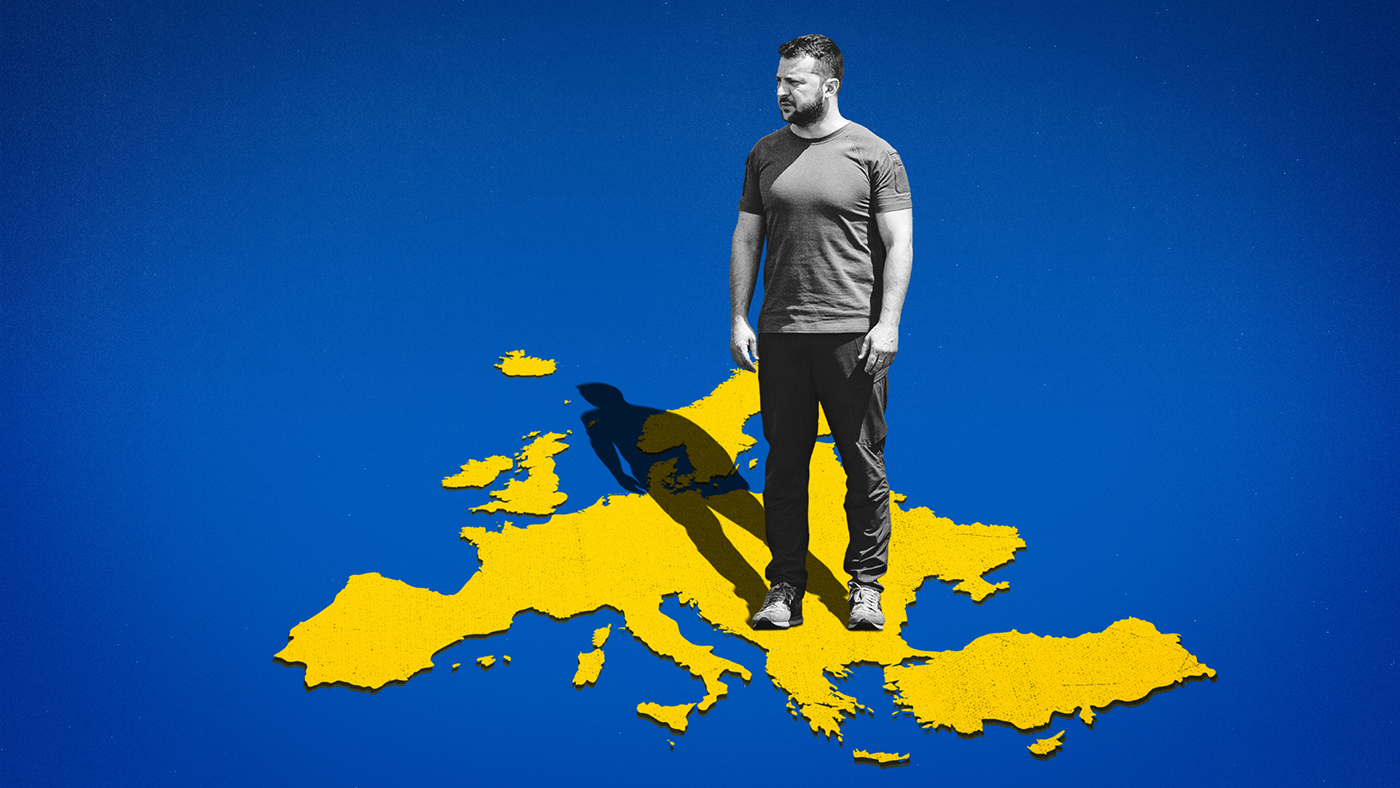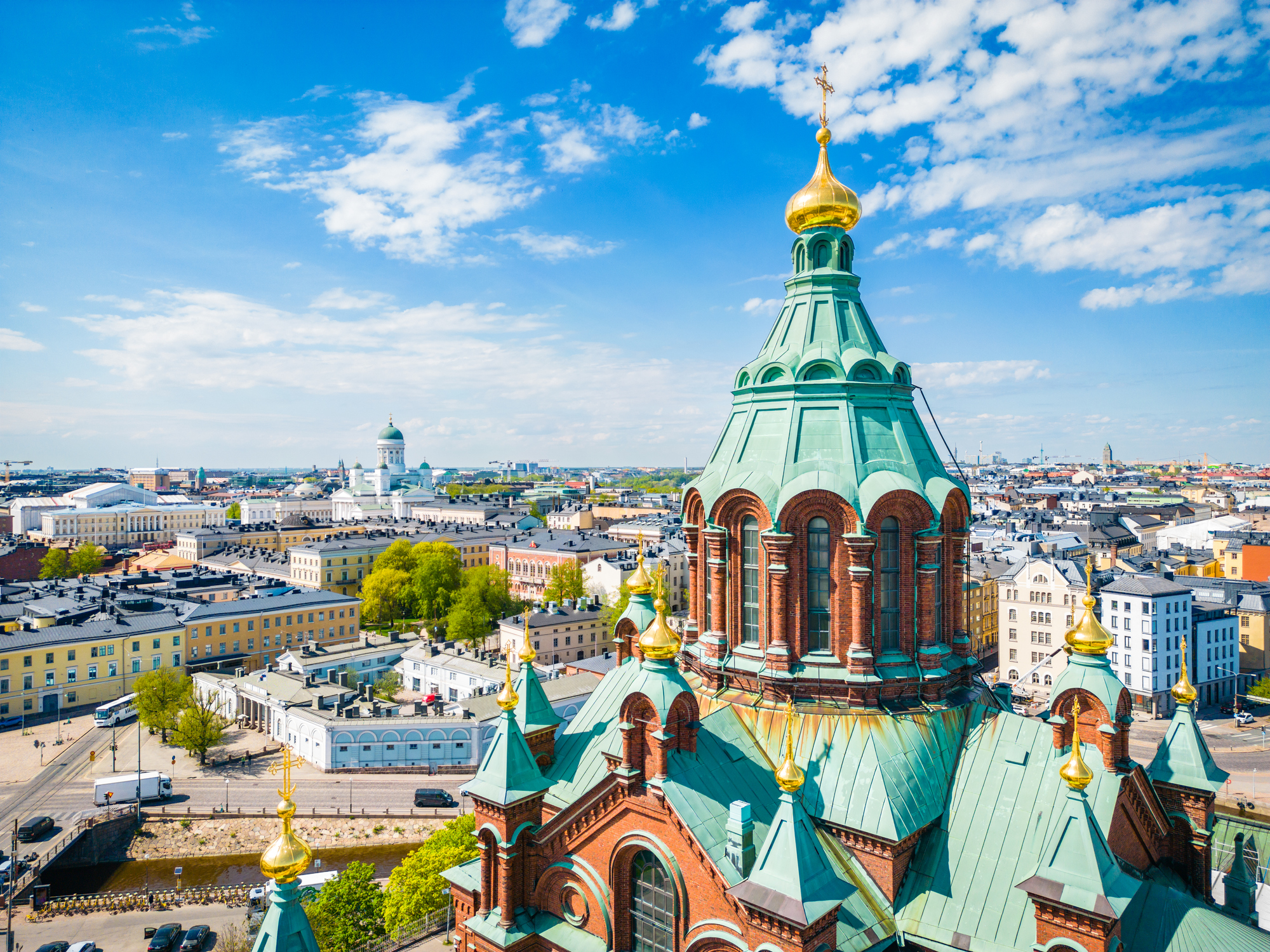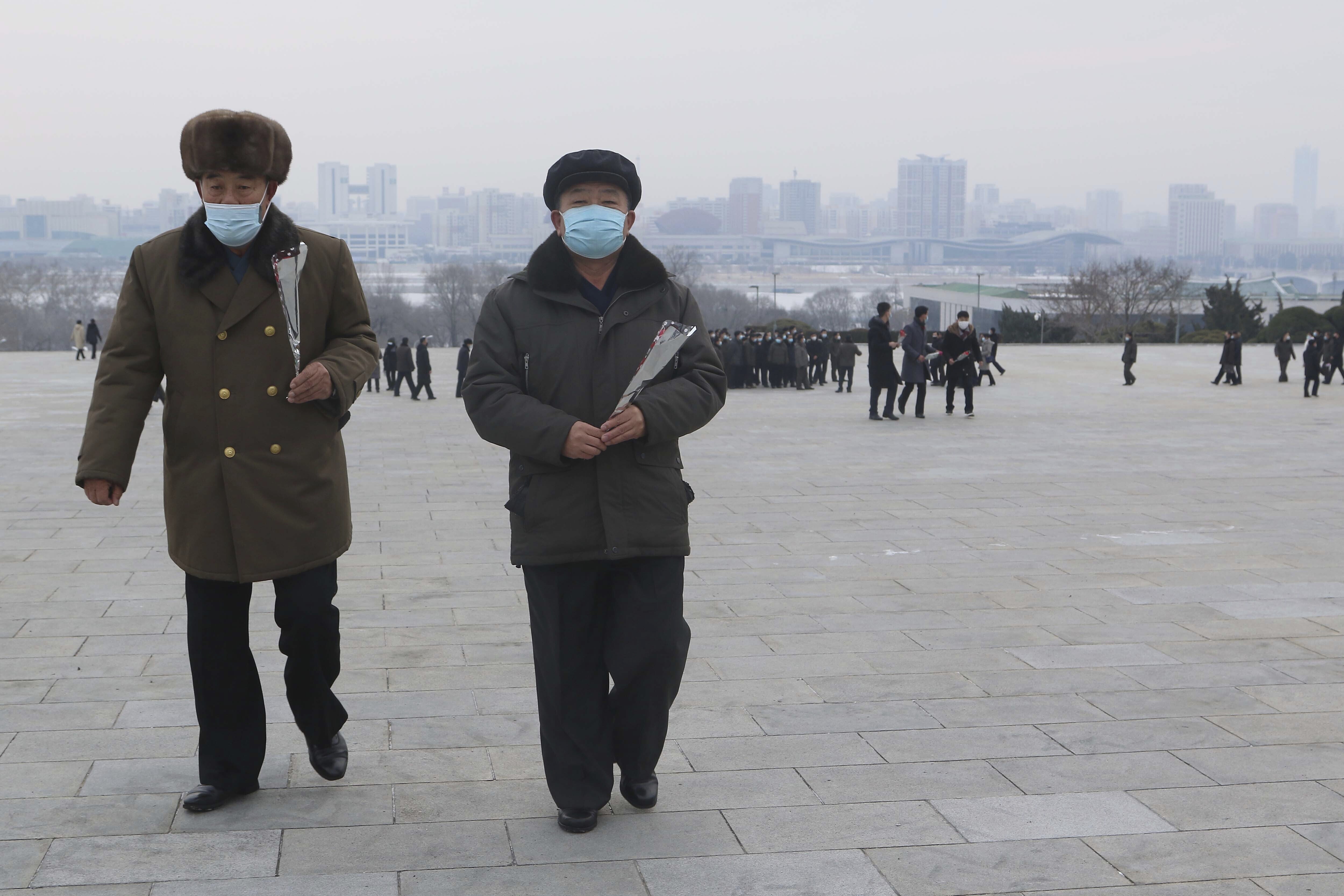‘Blaming young people for vaccine hesitancy is a classic conjuror’s misdirection’
Your digest of analysis and commentary from the British and international press

- 1. Don’t blame young people for vaccine hesitancy. The vast majority of us want to get jabbed
- 2. Rishi Sunak is popular but is he the next Tory leader?
- 3. Germany looks set for dangerous mediocrity when Merkel finally steps down
- 4. We cannot stand by and watch Afghanistan collapse
- 5. Matt Damon says he didn’t realise he was using a homophobic slur. How old is he – 80?
A free daily email with the biggest news stories of the day – and the best features from TheWeek.com
You are now subscribed
Your newsletter sign-up was successful
1. Don’t blame young people for vaccine hesitancy. The vast majority of us want to get jabbed
Lara Spirit for The Guardian
on a ‘contrived controversy’
It seems that Sajid Javid “would have you believe young people are now solely responsible for the consequences of his government’s pandemic response”, writes Tortoise reporter Lara Spirit in The Guardian. “Forget ‘freedom day’ or the delayed India travel ban that helped the Delta variant gets its claws into this country. Now it seems the real culpability lies with a vaccine-hesitant generation that just won’t play its part.” It’s true that young people are “less enthusiastic to get vaccinated than the adult population as a whole”, Spirit adds, but “the overwhelming majority of young people do want to get jabbed”. In fact, “two-thirds of young adults have had a single dose – making them the most vaccinated of their age group in the world”. The government’s “contrived controversy over supposedly feckless young people” is just a “classic conjuror’s misdirection”. What are they trying to distract our attention from, she asks. The government shouldn’t be focusing “on the supposedly errant young”. Instead, they should “focus on humanity as a whole, the global mission to vaccinate everyone and the millions of deaths that the west has the power to prevent right now”.
The Week
Escape your echo chamber. Get the facts behind the news, plus analysis from multiple perspectives.

Sign up for The Week's Free Newsletters
From our morning news briefing to a weekly Good News Newsletter, get the best of The Week delivered directly to your inbox.
From our morning news briefing to a weekly Good News Newsletter, get the best of The Week delivered directly to your inbox.
2. Rishi Sunak is popular but is he the next Tory leader?
Paul Goodman for The Times
on the great pretender
Rishi Sunak “may fall to earth, resign, implode or be overtaken by events” but he is still “well placed to succeed Boris Johnson”, writes Paul Goodman, the editor of Conservative Home, in The Times. A poll of Tory activists on Goodman’s website found that a third of them believe the chancellor of the exchequer should be the next prime minister and at least 70% of them have backed his Covid-19 response since the pandemic began. That’s the main reason Sunak has topped this new poll, along with “a sense that most of the leading alternatives have already had a shot at the leadership”. Goodman says: “The chancellor is the new kid on the block. And some activists may think, mulling the options: who else is there?” Sunak is also the most popular British politician according to YouGov, but “it’s easy to win admirers when you’re splashing the cash”. We know tax rises and spending cuts will follow the pandemic and “Sunak’s ratings may not survive”.
A free daily email with the biggest news stories of the day – and the best features from TheWeek.com
3. Germany looks set for dangerous mediocrity when Merkel finally steps down
Daniel Johnson for The Telegraph
on ‘an unappetising choice’
“Say what you like about Angela Merkel: the woman who has led Germany for 16 years has always been popular with her compatriots,” writes Daniel Johnson in The Telegraph. The chancellor’s “approval ratings have never fallen below 50” and usually hover around 80%, making her “a hard act to follow”. German voters are facing “an unappetising choice” in the country’s September’s elections: “between a clunky Christian Democrat and a flaky Green”. Armin Laschet, Merkel’s successor, has gone “from bad to worse” in the past six months; he’s a “lightweight” and “represents the soggy centre of German politics”. And, on a visit to a flood-stricken area near Cologne, he was “filmed cracking jokes with his entourage” while his guest, the German head of state, “delivered a solemn speech of condolence to the stricken populace”. The mishandling of the disaster “boosted the Greens and their leader” but Annalena Baerbock has been “dogged by scandal” since “the moment she was chosen” as her party’s candidate, from false claims on her CV to “quoting the N-word in an interview”. “The latest polls suggest that, when asked to choose between Laschet, Baerbock and the equally lacklustre Social Democrat leader Olaf Scholz, most Germans reply: none of the above,” adds Johnson. “Another weak coalition is in prospect, with it likely that either or both the far-Right and the far-Left will thrive.”
4. We cannot stand by and watch Afghanistan collapse
Kai Eide and Tadamichi Yamamoto for The New York Times
on the UN’s task
Since President Biden announced the withdrawal of US forces from Afghanistan in April, “violence has escalated at a terrifying rate”, write Kai Eide and Tadamichi Yamamoto, former United Nations envoys to Afghanistan, in The New York Times. The Taliban “have advanced across the country and now surround major cities”. The impact of this has been “terrible”; “vital infrastructure has been destroyed, hundreds of thousands of people have been displaced, and the number of people killed or injured has reached record levels”. As the withdrawal of the US and its allies is completed, Afghanistan “could be on the brink of something much worse”. But things don’t have to be this way, add Eide and Yamamoto. “Peace is still a possibility.” Over the years, the United Nations has been “too hesitant” to step in due to the “belief that the conflict could be resolved militarily”. But now it’s time for the UN to “step up and guide Afghanistan away from catastrophe” and truly show its worth as an organisation that maintains international peace and security. “The alternative, as all-out civil war beckons, is too grim to contemplate.”
5. Matt Damon says he didn’t realise he was using a homophobic slur. How old is he – 80?
Victoria Richards for The Independent
on unacceptable excuses
Before this week, Victoria Richards didn’t know that Matt Damon “had actually been born somewhere in the vicinity of 1928”, she writes for The Independent. That must be the only reason why he thought it was “understandable” to use the “f-slur for a homosexual” just “months ago” – something his daughter rightly told him off for. That word “might once have been deemed ‘acceptable’ to describe someone”, but a long time ago “the world woke up and realised it was offensive”. But “Elder Damon” is clearly so old that he “can’t possibly be expected to keep up with all these newfangled ‘woke” linguistics, the dictionary of #BeKind; all those words you can say and words you can’t; all those delicious insults sadly gone to waste; the ones put on the red list by the bleedin’ snowflake brigade”, says Richards. The uncomfortable truth is that Damon is actually 50 “and he should know better”. Because “unless you really are 93 years old” or “you’ve been stuck in a remote hinterland since you were a child and your plane crashed and you haven’t had any contact with modern society in decades”, you simply “can’t blame being homophobic on ‘it’s just a joke’ or ‘I didn’t know’ or ‘I didn’t realise’”. “I’m sorry,” adds Richards. “It doesn’t wash. You know. And if you don’t already know, then you should.”
-
 The ‘ravenous’ demand for Cornish minerals
The ‘ravenous’ demand for Cornish mineralsUnder the Radar Growing need for critical minerals to power tech has intensified ‘appetite’ for lithium, which could be a ‘huge boon’ for local economy
-
 Why are election experts taking Trump’s midterm threats seriously?
Why are election experts taking Trump’s midterm threats seriously?IN THE SPOTLIGHT As the president muses about polling place deployments and a centralized electoral system aimed at one-party control, lawmakers are taking this administration at its word
-
 ‘Restaurateurs have become millionaires’
‘Restaurateurs have become millionaires’Instant Opinion Opinion, comment and editorials of the day
-
 ‘Irony’ as Zoom calls staff back to office
‘Irony’ as Zoom calls staff back to officefeature And other stories from the stranger side of life
-
 The U.S. veterinarian shortage crisis
The U.S. veterinarian shortage crisisSpeed Read With an anticipated shortage of 15,000 vets by 2030, it will be harder to get care for pets
-
 Company teaches mask-wearers to smile again
Company teaches mask-wearers to smile againfeature And other stories from the stranger side of life
-
 How fruitful was Zelenskyy’s European tour?
How fruitful was Zelenskyy’s European tour?Today's Big Question Ukraine’s president visits Rome, Berlin, UK and Paris in bid to increase the supply of weapons from allies
-
 Global happiness has been 'remarkably resilient' over the past three years
Global happiness has been 'remarkably resilient' over the past three yearsfeature
-
 Ministers considered killing all cats during pandemic
Ministers considered killing all cats during pandemicfeature And other stories from the stranger side of life
-
 North Korea imposes 5-day lockdown on capital to fight 'respiratory illness'
North Korea imposes 5-day lockdown on capital to fight 'respiratory illness'Speed Read
-
 China to begin re-issuing passports in another reversal of COVID lockdowns
China to begin re-issuing passports in another reversal of COVID lockdownsSpeed Read